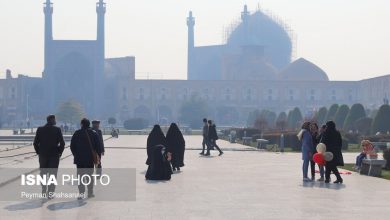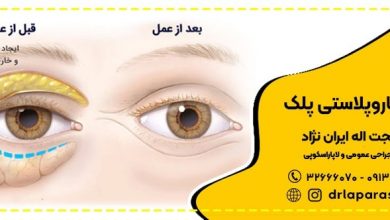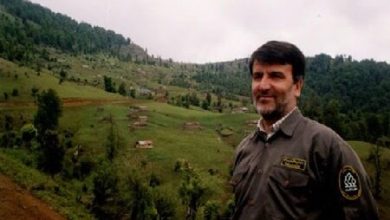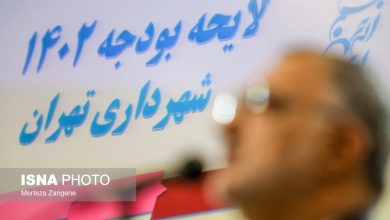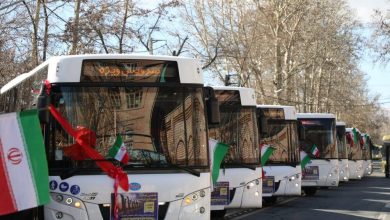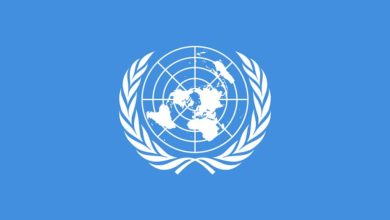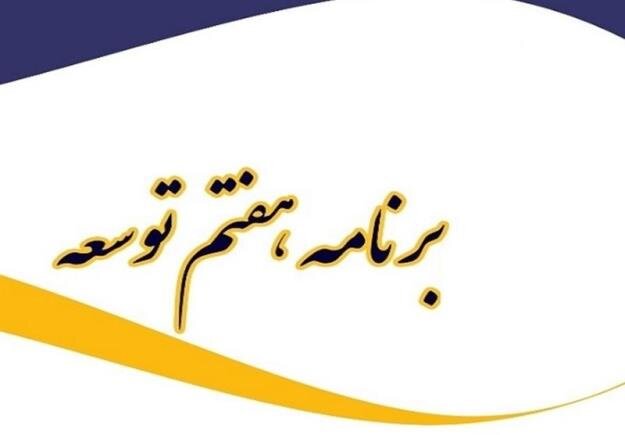
The environment as a cross-sectoral issue has always been of concern to governments; So that it appears in the draft law of the seventh program for the development of the country in the form of 11 articles.
According to the informants, since the Seventh Development Plan bill has been in the form of different chapters, it generally deals with the items of general policies of the Seventh Plan, bearing in mind that there is no specific title for environmental protection in the general policies of the Seventh Plan. The plan, part of the provisions related to this cross-sector position is found in various articles that can be mentioned.
In the second chapter of this program, which is devoted to reforming the budget structure, in Articles 45 and 46, the issue of Environmental Impact Assessment (EIA) and Strategic Environmental Assessment (SEA) is discussed.
Article 45 states that “all new plans and large development projects for production, services and construction of the executive bodies of the private and cooperative sectors and non-governmental public institutions in the territory, including commercial and industrial free zones, must be based on indicators, criteria and environmental standards: CV must be evaluated Approved by the Supreme Council for Environmental Protection by consultants specialized in environmental impacts The executive regulations for this decree are prepared and approved by the Council of Ministers no later than six months after the issuance of this law based on a proposal by the Environmental Protection Authority.
As mentioned in Article 46, the executive bodies are obligated to conduct a strategic assessment of their huge development projects based on the directives issued by the Environment Protection Organization and to send the report to the Environment Organization.
In the fifth chapter, which deals with issues related to energy, Article 84 stresses the observance of environmental standards in the production of oil and refining products. In this article, it is mentioned that “in order to increase the quality of petroleum products to comply with local and international legal standards and requirements, the government is obligated to develop the necessary mechanisms to improve the quality of manufactured products and reduce heavy products in a manner consistent with the timetable approved by the guidelines contained in this article until the end of the oil products schedule Produced by oil refining companies with environmental standards based on the laws and requirements of this field, in the event that oil refining companies in this item are not implemented, they are subject to environmental fees equal to double the fees listed in Article (27) of the Value Added Tax Law and a deduction of 5% from the price of delivered feed. These fees are subject to Clause (a) of Article (1) of the Law regarding the addition of some articles to the Law Regulating Part of the Government Financial Regulations (2).The style sheet for this article is compiled by the Ministry of Oil in cooperation with the Ministry of Economic Affairs and Finance , the tax affairs authority, the state’s program and budget organizations, environmental protection, and within three months after the law is issued it is compiled and approved by the Council of Ministers, and the environmental protection agency is obliged to notify the executive plans of this paragraph within two months.
In the chapter on water resources management in Article (127), the use of non-traditional water in industries was emphasized in order to reduce water consumption and meet the needs of the environment as follows: “The Ministry of Energy is: Commitment to reduce water consumption in the industry and mining sector within three Months from the issuance of this law, reallocate the water consumed by industries, mines, refineries and power plants and notify the alternative water supply schedule with priority given to non-conventional water resources in coordination with the Ministry of Industry, Mines and Trade.At the end of the reported schedule, equal to the price of water delivered by Industries and mines from water sources The average cost of alternative water supply schemes in the area of the industrial facility The resources obtained are deposited in the income account of the Iranian Water Resources Management Company in the entire state treasury and according to revenue collection, in coordination with the state program and budget organization, are Using them to implement the water sector projects approved by the annual budget laws.
Cities, industrial zones, industries and mines included in this clause shall be given priority in receiving facilities and auctions for the use of wastewater. »
Article (132) dealt with prohibiting the discharge of polluted water and the contamination of surface and groundwater sources and charging the costs of purification, fines and purification, in Article (133) compensation for damage, restoration of the previous situation and determination of the penalty for violation. The specificity of rivers, wetlands and seas has been emphasized in Article (141) of Observance of Environmental Rights in Water Transport and in Article (144) of the integrated management of wetlands and lakes in the country.
Chapter 10 of the Seventh Development Plan draft law, entitled Food Security, in Articles 145 and 152, deals with issues such as exemption from legal fees for defending and enforcing the government’s rights to protect national, natural and national rights. Water and biological resources and the prohibition of any timber exploitation of forests. Finally, Chapter 19 relates to foreign policy, and in this context, Article 245 refers to the issue of the active participation of the Ministry of Foreign Affairs in the country’s official diplomacy on international issues, including environmental issues.
the end of the letter


